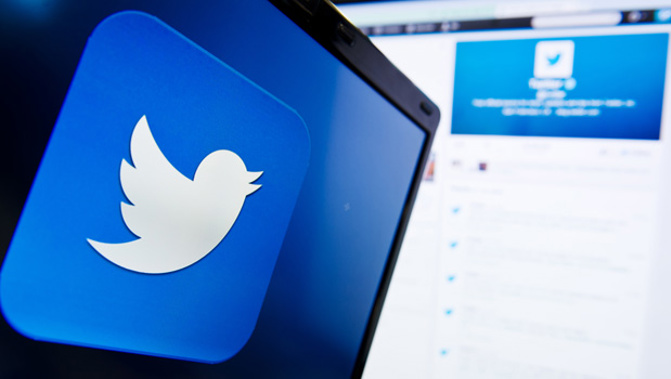
Does Twitter generate meaningful dialogue on significant national issues or create a nasty echo chamber of hate?
Frustrated citizen commentators are flocking to the public platform, but whether Twitter adds value to national conversation is another story.
Twitter is becoming the comfort food for the socially awkward, the echo chamber for the politically pissed off, and the psychologically needy. The intense human emotion of reassurance has driven serial tweeters to seek familiarity off like-minded souls.
Facebook’s more inclusive. Its platform extends to real life friends and family members, making it a more sincere experience. However, Twitter is a vehicle for the overly-aggrieved and easily offended to share their grievances with other aggrieved. Ongoing research suggests the hard left are psychologically benefiting while politically losing the most.
I enjoy the accusation of being a ‘typical talkback host with right-wing views’ particularly from those who claim to have never listened to the show. I’m usually accused of being a Labour lover and right winger within the same hour, which means I’m doing my job. The political climate in Christchurch is too highly charged to align one’s self to a party.
National won the Christchurch vote by a landslide, much to the surprise of many on the far left. They were simply too caught up in their own self-importance, indulging in personal achievements of re-tweets generated from their ‘critical analysis’ which is never accompanied by solutions.
In her book, The Silencing, how the left is killing free speech, Author Kirsten Powers outlines how the far left operate. “Liberals are supposed to believe in diversity, which should include diversity of thought and belief. Instead, an alarming level of intolerance emanates from the left side of the political spectrum toward people who express views that don’t hew to the ‘settled’ liberal worldview.” The passion for silencing isn’t just reserved for right wing politics though. Anyone who doesn’t share the far left’s views is publicly demonised.”
In a text book example, during the last election campaign, I’m told a candidate enjoyed shadowing then leader David Cunliffe at public appearances smiling and leaching off him, like a pilot fish following a shark to eat its leftover food. The candidate then turned nasty, publicly criticising Cunliffe after the election defeat sparking short lived online applause.
Apparently the far left moaned about the opening titles of CTV’s weekly news and current affairs show Lynched which is a play on my last name. I’ve been told there was a tedious link made between mental health issues facing the city and the cartoon images of the titles. Unsurprisingly, no solution to the mental health crisis was offered during online vents.
Ironically, on the same programme, I interviewed the Canterbury District Health Board Chief Executive David Meates on the pressures facing mental health services, as well as dedicating an entire programme to mental health support by interviewing Public Health Specialist Dr Lucy Daeth. These public awareness shows are rarely acknowledged by the hard left. To do so would be go against their proud reputation, potentially tarnishing their twitter brand of hate.
But here’s the best of all. Producers told me one compulsive online complainer requested an appearance on my show, just weeks after criticising it. The ‘big bad terrible mainstream media’ is awful, but not so bad to send an email requesting personal exposure. Twitter doesn’t encourage genuine conversation of diverse views. But it is the place to go to get your views reinforced and cuddled. Serial Twitter users have decided their role is to police what is acceptable speech and opinions, and anyone with a different opinion must be vilified.
Author Kirston Powers, who describes herself as a liberal, makes an interesting point. Hard left often ‘repurpose’ comments they don’t like. Casting disagreement as ‘hate speech’ has become a central tactic in an ever expanding campaign to silence speech. Another local text book example was illustrated when I questioned a politician’s appearance at a gay pride parade in Auckland. It fell on the anniversary of the Christchurch fatal earthquake. It was my view the day called for a sense of reflection and quietness.
Rather than discuss my comments, a far left commentator set about the process of delegitimizing me by tarring me as ‘homophobic’ which is not true. As Ms Powers says “this is not to suggest that those on the right don’t ever engage in such behaviours, of course they do. Though if you are on the left and “conservatives do it too” is your best defence for left-wing intolerance, then it might be time for some soul-searching.” Finally, what to do about all this? The block button is wonderful. I don’t want to take up the time of the already stretched to the limit mental health services in this city. And besides, some of those beds might one day be needed for those who show no signs of giving up their hateful online rhetoric.
Take your Radio, Podcasts and Music with you









